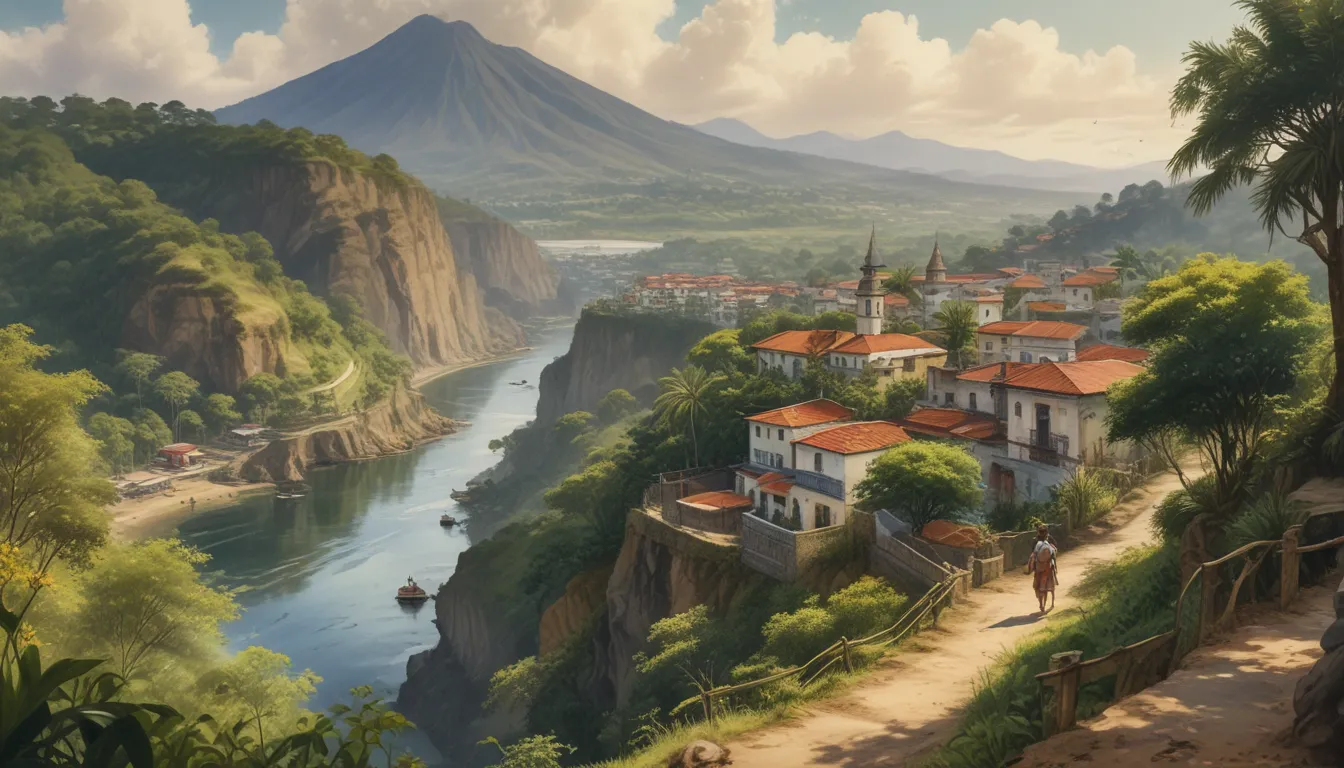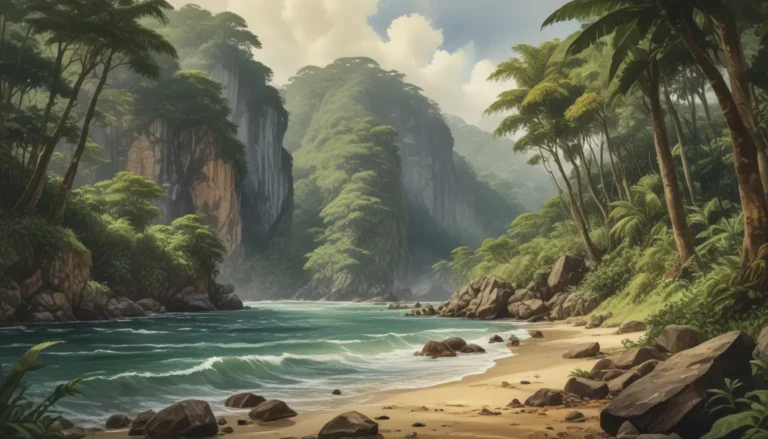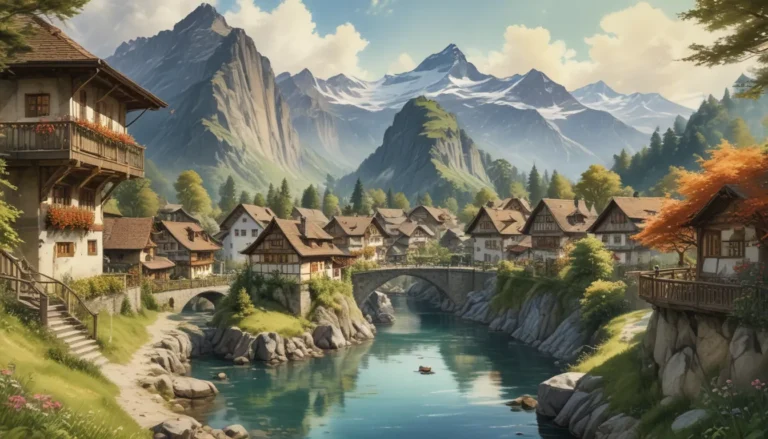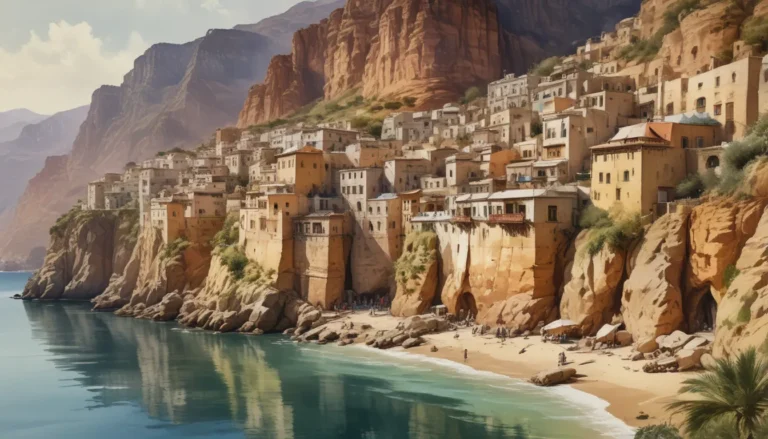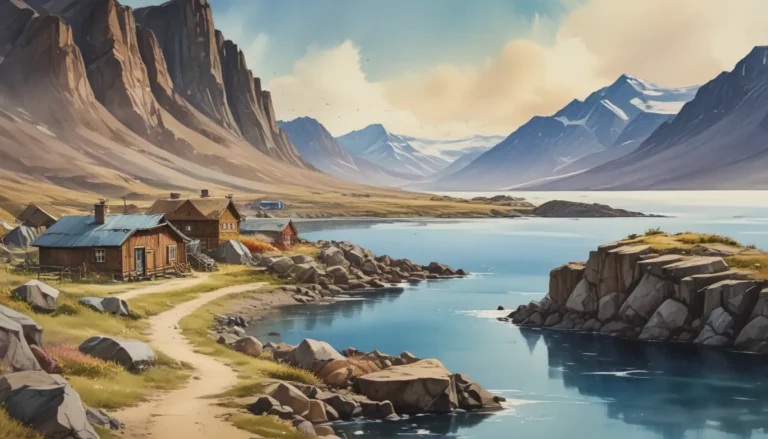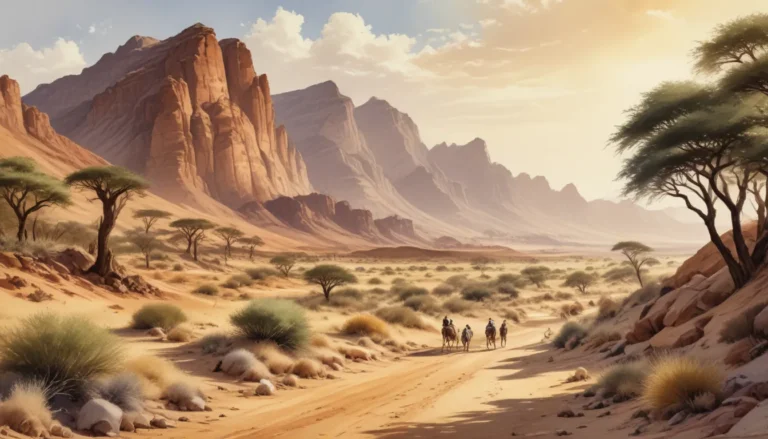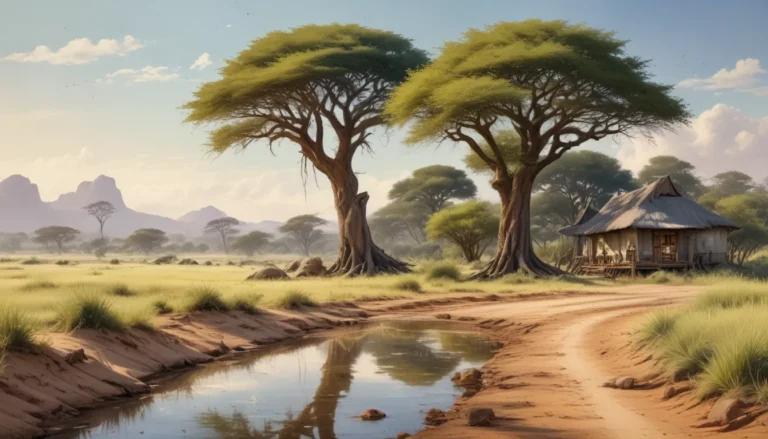The images in our articles are for illustrative purposes only and may not exactly match the content. They are intended to capture your interest and complement the text, not to replace it.
Welcome to the vibrant world of El Salvador, a small yet captivating country in Central America that often remains undiscovered by travelers. Despite its size, El Salvador boasts a wealth of history, breathtaking landscapes, and a warm, welcoming culture that is sure to enchant anyone who ventures to explore its wonders.
In this article, we invite you to embark on a virtual journey with us as we uncover 48 fascinating facts about El Salvador. From its rich heritage to its diverse cuisine, traditions, and much more, we will delve into the many facets of this hidden gem. Prepare to be amazed by the secrets that El Salvador holds and let it inspire you to consider it as your next travel destination.
Discovering El Salvador: Key Takeaways
- El Salvador, the smallest country in Central America, is known for its volcanoes, vibrant arts, and delicious pupusas. It offers diverse landscapes, rich history, and a warm, welcoming culture.
- With a strong sense of national pride, El Salvador boasts stunning waterfalls, diverse wildlife, and a growing eco-tourism industry. Visitors can enjoy its vibrant festivals, rich coffee culture, and friendly people.
The Republic of El Salvador
El Salvador, officially known as the Republic of El Salvador, is a small Central American country bordered by Honduras, Guatemala, and the Pacific Ocean. With a land area of just over 21,000 square kilometers, El Salvador holds the title of being the smallest country in Central America. Its capital city, San Salvador, is not only the largest city but also the cultural and political hub of the country.
Land of Volcanoes
El Salvador is often referred to as the “Land of Volcanoes” due to its impressive array of 26 volcanoes, some of which are still active. The Santa Ana Volcano, also known as Ilamatepec, stands as the highest volcano in the country, offering stunning views and hiking opportunities for adventurous travelers.
A Rich Cultural Tapestry
The official language of El Salvador is Spanish, reflecting its colonial heritage. However, the country also celebrates its indigenous roots, with various indigenous communities preserving their languages and traditions. El Salvador gained independence from Spain in 1821, marking a significant milestone in its history.
Culinary Delights and Natural Wonders
Pupusas, a traditional Salvadoran dish, are a culinary highlight that visitors must try. These thick corn tortillas filled with cheese, beans, or meat are a popular street food enjoyed by locals and tourists alike. Additionally, El Salvador’s Pacific coast is renowned for its surf spots, attracting surfers from around the world to enjoy the waves at La Libertad and El Tunco.
Diverse Ecosystems and Wildlife
El Salvador’s small size belies its rich biodiversity, with diverse ecosystems ranging from mangroves to cloud forests. The country is home to a wide variety of flora and fauna, including jaguars, ocelots, monkeys, and sea turtles. Efforts towards environmental conservation and eco-tourism are on the rise, making El Salvador an appealing destination for nature lovers.
Architectural and Artistic Treasures
El Salvador’s colonial heritage is evident in its well-preserved architecture, particularly in cities like Suchitoto and Santa Ana. The country’s artistic culture is vibrant and diverse, with traditional crafts such as pottery, hammocks, textiles, and woodcarvings showcasing the creativity and craftsmanship of local artisans.
Warm Hospitality and Strong Community Bonds
Salvadorans are known for their warm hospitality and strong sense of community. Visitors to El Salvador can expect to be welcomed with open arms and experience the genuine friendliness of the local people. Whether exploring the country’s stunning waterfalls, birdwatching opportunities, or vibrant nightlife, the sense of camaraderie and solidarity among Salvadorans is palpable.
Embracing Tradition and Innovation
El Salvador’s cultural landscape is a seamless blend of tradition and innovation. From its rich literary tradition to its strong coffee culture, the country embraces its past while looking towards the future. Salvadorans take pride in their national identity, evident in their love for traditional folkloric music, dance, and cuisine.
A Journey of Exploration and Discovery
In conclusion, El Salvador awaits as a captivating destination for travelers seeking a blend of history, culture, and natural beauty. From its ancient Mayan ruins to its picturesque beaches and lush rainforests, the country offers a wealth of attractions waiting to be explored. Delve into the hidden gems of El Salvador and let its enchanting allure inspire your next travel adventure.
FAQs: Your Guide to El Salvador
-
What is the capital city of El Salvador?
The capital city of El Salvador is San Salvador. -
What language is spoken in El Salvador?
The official language of El Salvador is Spanish. -
Is El Salvador a safe country to visit?
While El Salvador has had a history of high crime rates, tourist areas are generally safe to visit. It is advisable to take precautions and stay informed about current safety conditions. -
Can I drink tap water in El Salvador?
It is recommended to drink bottled water or use water purification methods to avoid any risk of waterborne illnesses while in El Salvador. -
What is the currency of El Salvador?
The currency of El Salvador is the US dollar (USD). -
What are some popular tourist attractions in El Salvador?
Popular tourist attractions in El Salvador include the Mayan ruins of Tazumal, the beaches of La Libertad, the Santa Ana volcano, and the scenic Ruta de las Flores. -
Is El Salvador known for its cuisine?
Yes, El Salvador has a rich culinary heritage, with dishes such as pupusas, tamales, and yuca fritters being popular local delicacies. -
Do I need a visa to visit El Salvador?
Visa requirements for El Salvador vary by nationality. It is advisable to check with the nearest embassy or consulate for up-to-date visa requirements. -
What is the weather like in El Salvador?
El Salvador experiences a tropical climate with warm temperatures year-round, including distinct wet and dry seasons. -
Are there any UNESCO World Heritage Sites in El Salvador?
Yes, El Salvador is home to notable UNESCO World Heritage Sites such as Joya de Cerén, an ancient Mayan farming village preserved remarkably well under volcanic ash.
As you venture into the enchanting world of El Salvador, let these facts and insights guide you on a journey of discovery and appreciation for this captivating Central American nation. From its vibrant culture to its stunning landscapes, El Salvador invites you to explore its hidden treasures and embrace the warmth and beauty of its people.
